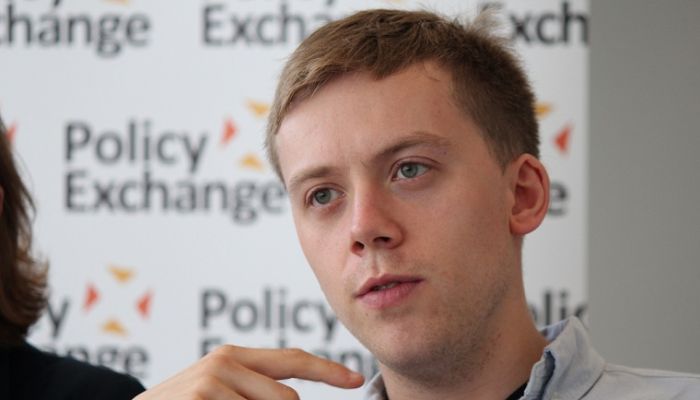Has social media lost the power of debate?
Barely a week goes by without another journalist, celebrity or other public figure reportedly quitting social media due to the high levels of abuse on the channel. This week it’s the turn of Owen Jones, Guardian columnist and author of the book Chavs: The Demonisation of the Working Class, quitting social citing the scene as “completely and utterly depressing.”
Jones, who has more than 250,000 “likes” on Facebook and 500,000 followers on Twitter, regularly receives abuse for his political opinion and debate from both sides of the political spectrum.
Speaking to journalists, Jones said: “On a daily basis I have angry strangers yelling at me, on the one hand, that I’m responsible for the destruction of the Labour Party, and on the other, I’m a right-wing sell-out careerist who’s allied to Tony Blair and possibly in the pay of the Israeli government (and that I’m a Blairite c*** who needs to go f*** myself, and so on and so forth).”
“I find myself constantly engaging with people denouncing my motives while sending abuse. And my friends ask: What are you doing? Why are you wasting your life on this nonsense? And they’re just right.
Jones continued: “Added with the usual far-right extremists sending ever more creative descriptions of how they’re going to torture and murder me, I’m no longer convinced social media is as useful a tool for political debate and discussion as it once was.”
By quitting social media, Jones is highlighting a very important issue for many social networks.
With so much abuse, many social networks are far from being engaging social environments they set out to be.
If you compare online social networks with real social environments, it’s easy to see why it’s is so important that certain social standards are adhered to. For example:
While you might enjoy a good debate about numerous topics (sport, politics, religion, dating, etc.) when you are down the pub with your mates, the moment the crowd turns nasty and threats of violence are issued the hope for positive engagement is over. Before long, the pub garners a certain reputation and “decent” people stop going.
The same is true for social media. It only takes a handful of “trolls” to turn people off.
What can social media sites do to ensure social media stays social while championing conversation and debate and making sure everyone feels safe? Share your comments below:





Leave a Comment